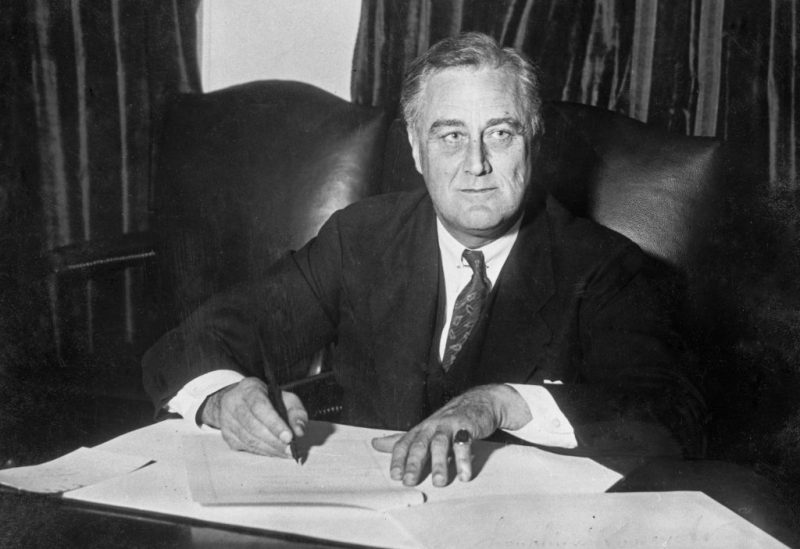(NEXSTAR) – Former President Trump has been projected to retake the White House for a second non-consecutive term starting in January.
The historic election marked the first in well over 100 years that an ex-president was reelected to the nation’s highest office after having previously held the position. The last president elected to serve two non-consecutive terms was Grover Cleveland, who occupied the White House between 1885 and 1889 and again between 1893 and 1897.
Cleveland did not seek reelection for a third term, despite being allowed to do so. Trump, on the other hand, is barred from running for a third full term thanks to the 22nd Amendment of the Constitution, which was ratified over 50 years after Cleveland left office.
“No person shall be elected to the office of the President more than twice, and no person who has held the office of President, or acted as President, for more than two years of a term to which some other person was elected President shall be elected to the office of the President more than once,” reads the amendment, in part.
Nowhere in the amendment’s language are there concessions for non-consecutive terms.
A resolution limiting the terms of a U.S. president was introduced for consideration in 1947, in response to President Franklin D. Roosevelt winning four consecutive terms in office. Franklin, who died just months into his fourth term, was the only president to get elected more than twice, though others had attempted to secure third terms.

The 22nd Amendment was ratified in 1951 — nearly six years after FDR’s death — but it did not apply to then-incumbent President Harry Truman, who succeeded Roosevelt upon his death and had secured another full term in the 1948 election.
Truman ultimately decided not to run for another term after his nearly eight years in office. In doing so, he upheld an unofficial tradition that started with George Washington and was reinforced by Thomas Jefferson.
“I have served my country long, and I think efficiently and honestly,” he announced in March of 1952. “I shall not accept a renomination. I do not feel that it is my duty to spend another four years in the White House.”
It should be noted that Truman later voiced his support for a repeal of the 22nd Amendment, per the Congressional Research Service. There have also been dozens of attempts to repeal the amendment in the years since its introduction, though none have made significant progress.
Congress has acknowledged, however, that it may still be possible for a two-term president to once again become president, largely due to language in the 22nd and 12th Amendments that could be interpreted to suggest the possibility.
“ … [N]either Amendment addresses the eligibility of a former two-term President to serve as Speaker of the House or as one of the other officers who could serve as President through operation of the Succession Act,” according to an overview from the Congressional online database.














